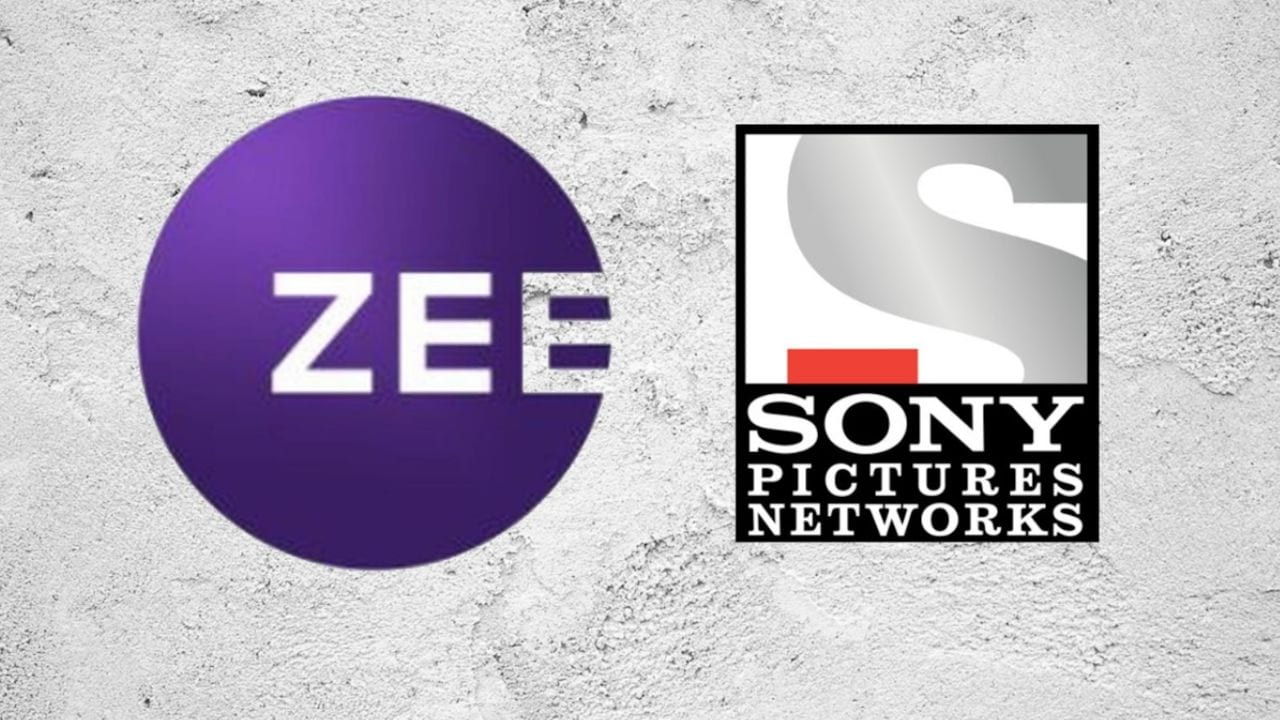Sony Group Corp. is reportedly considering abandoning the $10 billion merger deal with Zee Entertainment Enterprises Ltd. over disagreements on Zee CEO Punit Goenka leading the merged entity. Sony plans to terminate the deal, citing unmet conditions, and may file the notice before the January 20 deadline. The scuttled deal would leave Zee vulnerable but experts also suggest that ongoing discussions between the parties might still result in a resolution before the deadline.
“It is unlikely that companies would be able to arrive at a consensus on leadership considering that pending the investigation by SEBI against Goenka and as a result it is likely that Sony will terminate the agreement and will file appropriate suit for the purpose of seeking closure of deal on account of non-fulfilment of the conditions inter-se parties,” said Delhi High Court advocate, Siddharth Joshi.
What is the leadership dispute?
In August 2023, days after the NCLT (National Company Law Tribunal) approved the Zee-Sony merger, SEBI (Securities and Exchange Board of India) issued an order that prevented Goenka and his father Subhash Chandra from assuming any significant management roles in Zee companies or the newly-merged entity.
This was followed by the Securities Appellate Tribunal (SAT) expressing dissatisfaction with SEBI’s order. Soon after, on October 30, SAT overturned SEBI’s decision prohibiting Goenka from holding any managerial position in listed companies for a year.
Then speculation began. Sources close to developments said Sony Group Corp pushed for its own India MD and CEO, NP Singh, to become the CEO of the newly formed Zee-Sony entity due to stringent corporate governance norms in Japan and the US. But per the initial agreement, Goenka was slated to assume the role of MD and CEO in the merged venture. SPNI (Sony Pictures Networks India) was intended to hold 50.86 percent of the company, Zee’s promoters would have 3.99 percent, and the remaining 45.15 percent was to be allocated to public shareholders. Neither Zee nor Sony wanted to move from their leadership candidature.
To be or not to be
“Given the tussle is over the issue of leadership, essentially extrapolating to the issue of good governance – the merger may very likely be a landmark failure” said corporate law expert and managing partner at Singhania and Partners LLP, Ravi Singhania.
However the deal going south according to Singhania has a negative as well as positive side to it.
“Negative, because of the waste of strategic opportunity and the two plus year long process resulting in key regulatory milestones especially as regards mergers in India’s complex media sector. But positive because of the new market opportunity it creates in fulfilling and bettering ESG standards (environmental, social and governance) and rising to global aspirations,” he explained.
Merger deals usually have a time period between the signing of a definitive acquisition agreement and the closing of the acquisition. To take a deal from ‘signing’ to ‘closing’ parties have to agree on ‘closing conditions’. The conditions must either be satisfied, unless they are waived, for the deal to close. Failure to satisfy a closing condition gives the counterparty the right of refusal to close. It also does not make the failing party liable to the refusing party, unless the failure resulted in, or caused, a separate breach in the agreement.
All is not over for the $10 billion merger
“Extension of courtship period and discussion on the disagreements is always better for a successful and long-lasting marriage. Different rounds of discussion between Zee and Sony could also help in mutually agreeing on the disagreements and finding a way out. All concerned should not lose hope of this multi-billion-dollar merger,” said another corporate lawyer Rajiv Sharma.
Both the parties have seasoned advisors on board who are discussing to find out a way forward and one should not think the discussion is happening only for calling off the merger.
“We are sure that the interest of public shareholders who have long shown their faith in the companies as well as their management shall be the prime objective followed by the expansion and growth of the proposed merged entity during the ongoing round of discussions.” Sharma added.
Some of the challenges that are anticipated in the ongoing merger process are, further delays and extensions, price dip of the shares in the market, thereby causing loss to the investors, consequent loss to the goodwill of the companies after such price dip, approval from public shareholders and creditors and loss of existing business to both the entities.
